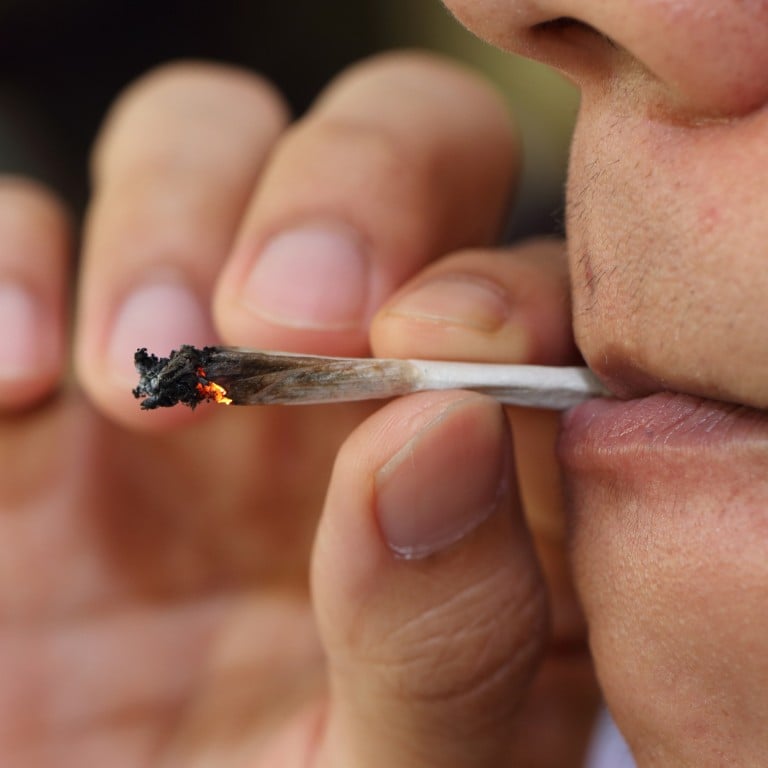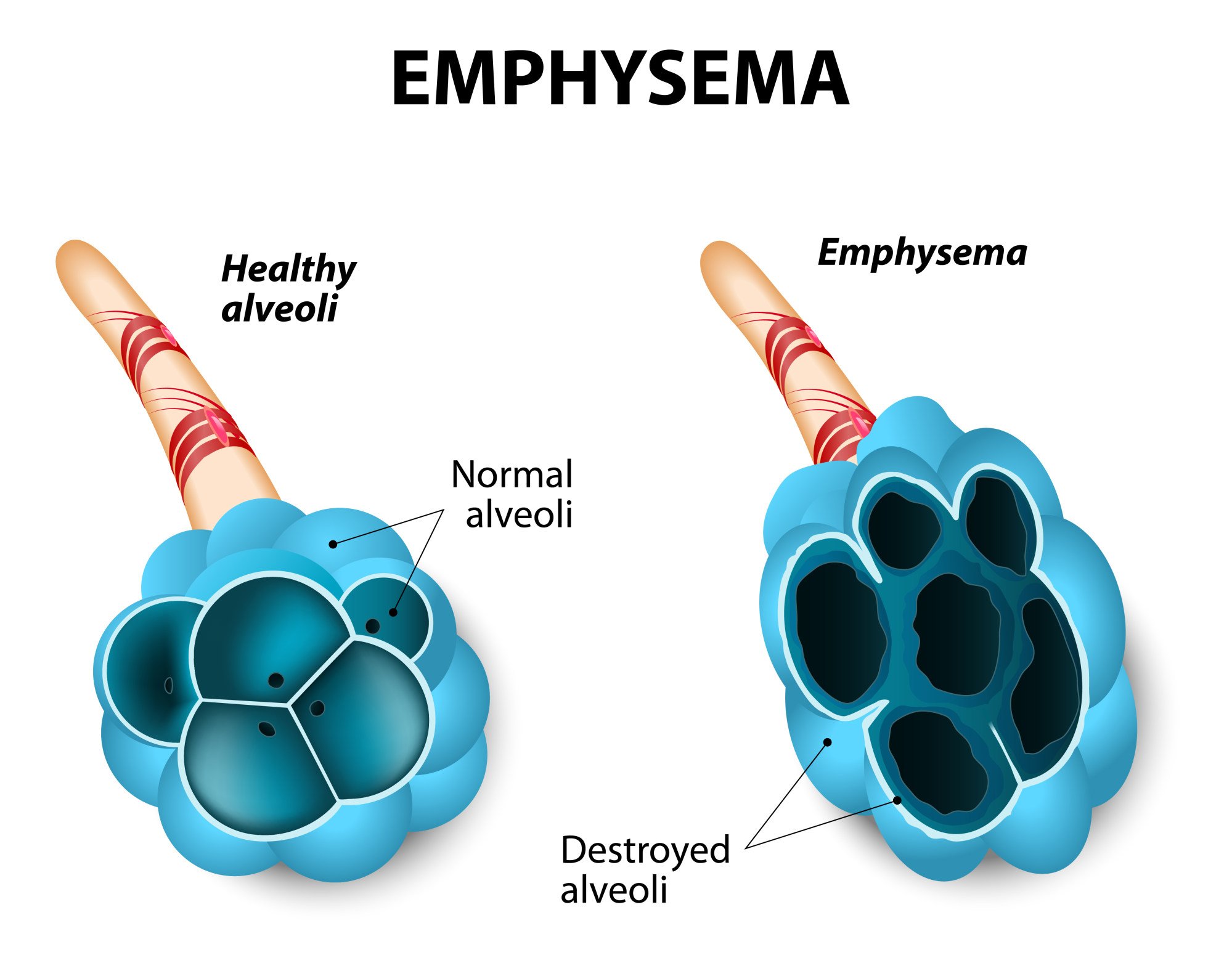
Smoking marijuana may be worse for your lungs than smoking tobacco, a new study suggests
- Researchers link marijuana smoking to a higher risk of emphysema, an irreversible condition in which the lungs’ air sacs are damaged and eventually rupture
- Marijuana smokers typically inhale more deeply and hold their breath longer than cigarette smokers, potentially exposing them to more toxins per breath
Smoking marijuana may do more damage to lungs than cigarettes, a new study suggests.
The study, published in the journal Radiology, found marijuana may be linked to an increased risk of emphysema over smoking tobacco alone.
The results come as states in the United States continue to legalise the drug and health experts, who are increasingly concerned about its impact on lung health, call for more research. (In Hong Kong, marijuana, also known as cannabis, is outlawed. Anyone convicted of trafficking in this substance, labelled a dangerous drug, faces up to life imprisonment and a fine of up to HK$5 million [US$639,000].)
“It’s no surprise to me,” said Dr David Kaminsky, a pulmonologist and professor of medicine at the University of Vermont, who is unaffiliated with the study. “A burning leaf is a burning leaf … the lung doesn’t know the difference if it’s tobacco or marijuana.”

It can cause a long-term cough, shortness of breath and wheezing, and is irreversible once it develops.
The study looked at chest scans from 56 marijuana smokers, 33 tobacco-only smokers, and 57 non-smokers, taken from 2005 to 2020 in Canada.
Researchers found emphysema was more common in marijuana smokers than those who didn’t smoke at all, and more common in marijuana smokers who were 50 and older than those who only smoked tobacco.

The average quantity of marijuana smoked by participants was about 1.85 grams (0.065 ounces) per day, though less than half of the smokers specified their daily use.
The study only included tobacco smokers who were 50 and older and smoked at least one pack per day for 25 years.
Because of some of the study’s limitations, health experts say it’s difficult to directly compare tobacco and marijuana risks. Fifty out of the 56 marijuana smokers also smoked tobacco, and study authors did not account for the participants’ other health conditions.
Let’s get real data here on what risks and benefits are so that patients and users and their physicians can really evaluate and weigh (them)
However, experts say the study does ring alarm bells and suggests smoking marijuana may not be totally risk-free.
“There’s definitely a concern that we’re going to see another generation of lung disease related to these behaviours,” said Dr Albert Rizzo, chief medical officer of the American Lung Association.

Limited research on marijuana use and health
To date, research on marijuana and health outcomes has been limited and results mixed. Some studies found smoking marijuana may cause lung injury linked to an increased risk of chronic bronchitis, but did not find significant changes in lung function over time.
The American Lung Association also advocates additional research but argues smoke is harmful to lung health and that marijuana “has been shown to contain many of the same toxins, irritants and carcinogens as tobacco smoke”.
Marijuana may also be more harmful to the lungs because of how people smoke it, Rizzo said. Users typically inhale it deeper and hold their breath longer than cigarette smokers, which could expose them to more toxins per breath.

While other experts agree, they also argue inhalation is an important way for some patients to benefit from the drug.
“Inhalation is a very important approach to certain medical problems that we would have a hard time addressing (without it),” he said. “But inhalation doesn’t mean smoking, necessarily.”
However, such devices remain unregulated in the US as marijuana laws vary by state. Tishler said more research could change that.
“Let’s get real data here on what (the) risks and benefits are so that patients and users and their physicians can really evaluate and weigh (them),” he said. “Patients are going to need this and people are going to use this … so, we need to move forward.”
